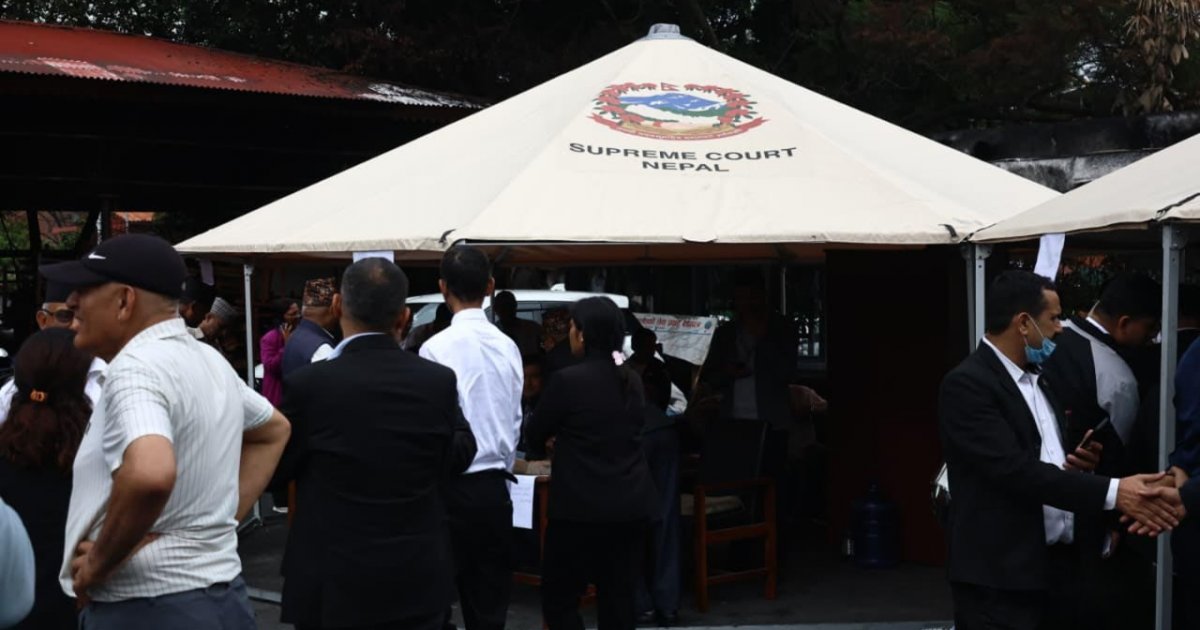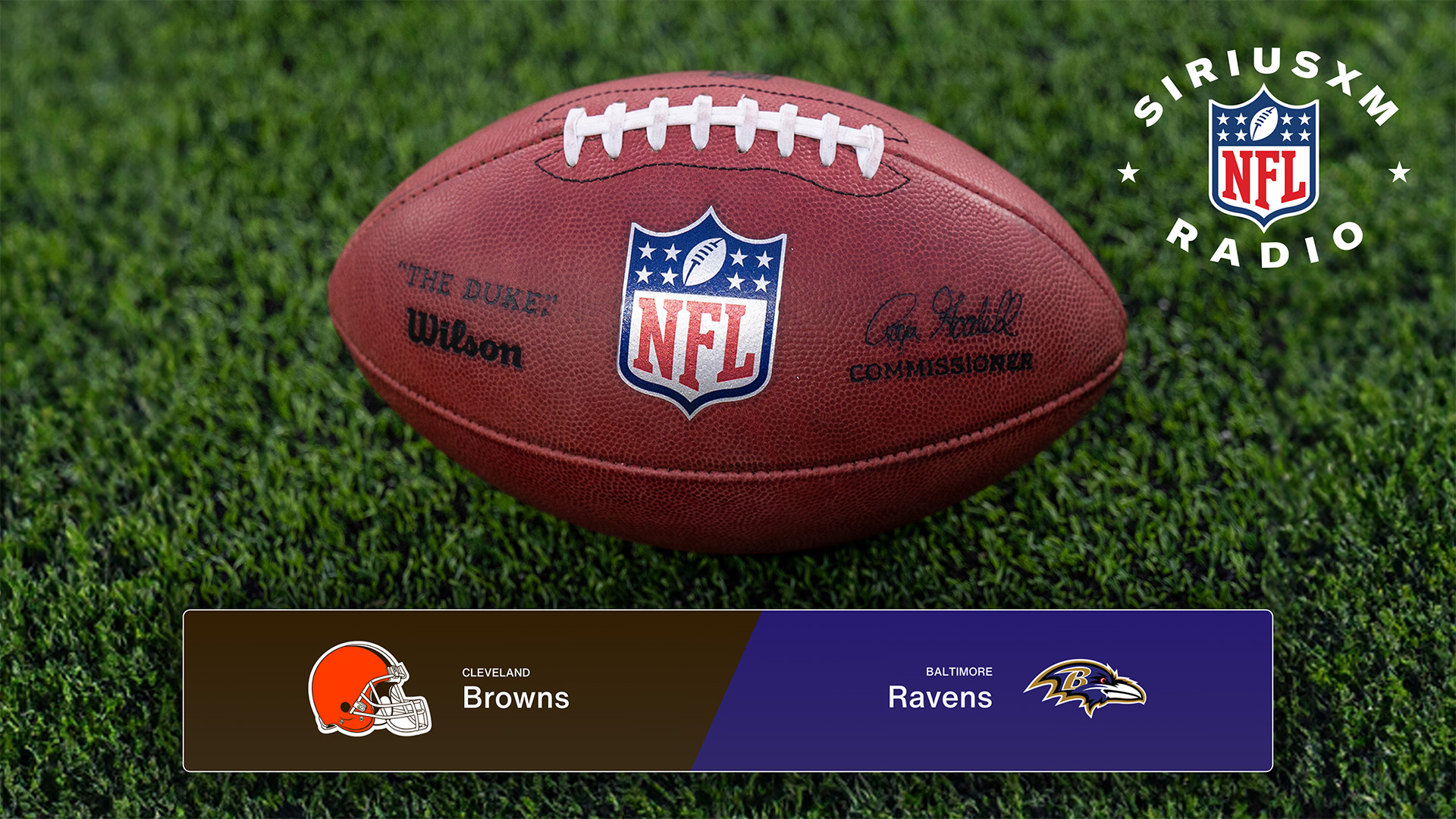Anza Proposes Alpenglow Upgrade for Solana Consensus
The post Anza Proposes Alpenglow Upgrade for Solana Consensus appeared on BitcoinEthereumNews.com. Alpenglow cuts finality time 100x, bringing Solana’s speed on par with centralized systems. The new model splits faults into two categories, namely, full Byzantine and down or unavailable. The Rotor and Votor components set the stage for scalability with multiple concurrent leaders. Anza, a Solana-focused research and development firm, has introduced a new consensus protocol called Alpenglow, which aims to make the network faster, more deterministic, and safer. Described as the biggest consensus redesign since Solana’s launch, Alpenglow is set to replace the existing TowerBFT (Byzantine Fault Tolerance) mechanism and Proof of History with a more intuitive and efficient system. Alpenglow Targets Performance Gains Without Compromising Network Safety In his X post, Anatoly Yakovenko, co-founder of Solana, stated that he got nearly everything wrong about consensus, except the important parts. Drawing attention to the design of Alpenglow, he emphasized two critical requirements such as consensus should not interfere with block producers using 100% of the available bandwidth at all times, and users must experience deterministic finality within a single round. According to Anza’s blog, Alpenglow drastically reduces transaction finality latency to a median of 100-150 ms. By contrast, TowerBFT takes roughly 12.8 seconds from block creation until finality. This marks a 100x improvement, indicating that it is competitive with centralized infrastructure. Related: Solana, Sui, Chainlink Lead as Final Bull Run Gathers Steam, Total3 Eyes Breakout Alpenglow achieves this by splitting the faults into two categories, namely, full Byzantine, and down or unavailable. Based on this fault model, the protocol can guarantee safe finality within one or two rounds. If a fork accumulates 40% of the total stake in votes (20% Byzantine and 20% down), then the node can safely commit to it. That fork will either be finalized in one round with 80% of votes or in two rounds with…

The post Anza Proposes Alpenglow Upgrade for Solana Consensus appeared on BitcoinEthereumNews.com.
Alpenglow cuts finality time 100x, bringing Solana’s speed on par with centralized systems. The new model splits faults into two categories, namely, full Byzantine and down or unavailable. The Rotor and Votor components set the stage for scalability with multiple concurrent leaders. Anza, a Solana-focused research and development firm, has introduced a new consensus protocol called Alpenglow, which aims to make the network faster, more deterministic, and safer. Described as the biggest consensus redesign since Solana’s launch, Alpenglow is set to replace the existing TowerBFT (Byzantine Fault Tolerance) mechanism and Proof of History with a more intuitive and efficient system. Alpenglow Targets Performance Gains Without Compromising Network Safety In his X post, Anatoly Yakovenko, co-founder of Solana, stated that he got nearly everything wrong about consensus, except the important parts. Drawing attention to the design of Alpenglow, he emphasized two critical requirements such as consensus should not interfere with block producers using 100% of the available bandwidth at all times, and users must experience deterministic finality within a single round. According to Anza’s blog, Alpenglow drastically reduces transaction finality latency to a median of 100-150 ms. By contrast, TowerBFT takes roughly 12.8 seconds from block creation until finality. This marks a 100x improvement, indicating that it is competitive with centralized infrastructure. Related: Solana, Sui, Chainlink Lead as Final Bull Run Gathers Steam, Total3 Eyes Breakout Alpenglow achieves this by splitting the faults into two categories, namely, full Byzantine, and down or unavailable. Based on this fault model, the protocol can guarantee safe finality within one or two rounds. If a fork accumulates 40% of the total stake in votes (20% Byzantine and 20% down), then the node can safely commit to it. That fork will either be finalized in one round with 80% of votes or in two rounds with…
What's Your Reaction?







































